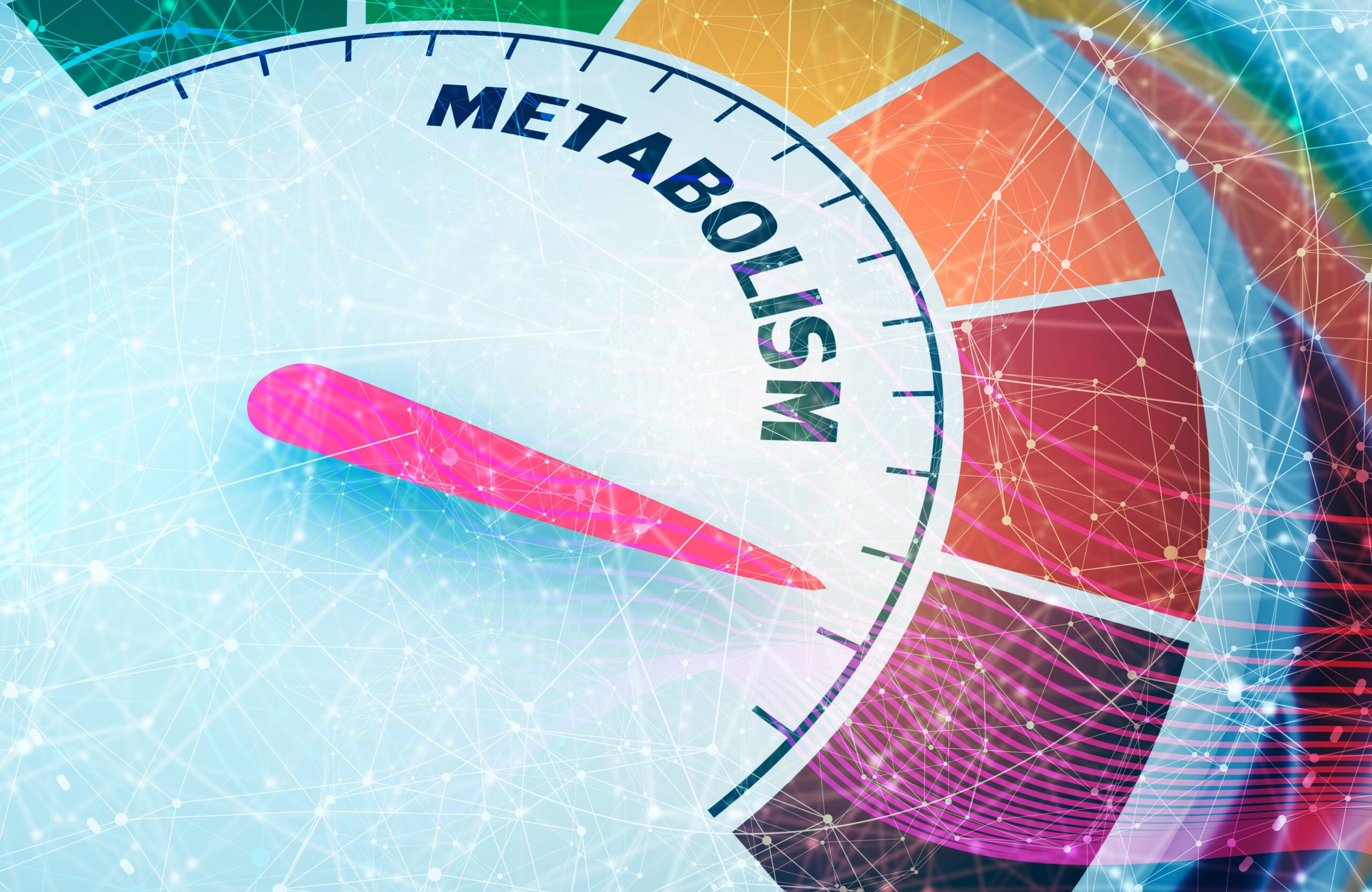Blog

What is Orthorexia? The Pathology of 'Health Eating'
Orthorexia is, paradoxically, a disorder of deficiency elicited by excess.
It is an affliction of absence and abundance and a pathology of privilege and paucity.
Much like diet-versions of conventional foods, orthorexia offers a false sense of fullness in the face of social isolation brought about by a preoccupation with nutritional purity as a means of pathology prevention.
The extreme pursuit of health may promise a lack of illness, provide structure and order to one’s life when faced with nutritional anxiety, but confer a complete loss of self and health in the process.
What is Orthorexia?
“Orthorexia” as a descriptive or diagnostic term was first devised by a holistic practitioner Steven Bratman in the 1990s to describe an eating pattern characterised by an intense fixation on “healthy eating” to the extent of being pathological and, if anything, conferring quite the opposite.
The primary diagnostic criteria for orthorexia nervosa (ON) constitutes an obsessive preoccupation with, often subjectively defined, “healthy” eating and the extreme avoidance of “unhealthy” foods, mental fixation on dietary practices/ rituals and extremely rigid dietary rules with any deviations eliciting heightened emotional distress – ranging from anxiety, shame, fear of disease/ illness, and negative judgement from others. This emotional turmoil may come to manifest itself physically in concerning physical symptoms as well as social consequences – such as self-isolation, stigma, and a decreased quality of life (Strahler, J et al. 2018, p. 1143).
Dietary choices, within the realms of orthorexia, are not atypically based on quantity, but often perceived food quality with the primary emphasis being on attaining and maintaining optimal health.
Diet Culture Disguised as Virtue or Psychiatric Disorder?
Despite being frequently observed by clinicians and dietetic/ nutritional practitioners and professionals, orthorexia has received comparatively little empirical attention and is yet to be recognised as a psychiatric disorder (Koven, A and Abry, A. 2015, p. 385).
Consequently, a number of researchers have argued that, as opposed to being an eating disorder within itself, ON may be regarded as a social trend or lifestyle phenomenon (Strahler, J et al. 2018, p.1144).
The pursuit of health, by way of ritualistic dietary restriction or adherence to rigid regimes, has become a socially normalised practice which fosters that blame is always shouldered on the individual and health is a controllable factor that is always the responsibility of the individual alone.
Given the exponential growth of healthy lifestyle related propaganda and content being rapidly exchanged via social media platforms and mass media, average individuals are overwhelmed with conflicting dietary and health recommendations.
However, this dietary and health guidance shared via individuals/ media online, is largely unchecked and unregulated.
Studies indicate that many of the individuals who use the internet or social media for health-related information tend not to question the validity or credibility of the source (Hanganu-Bresch, C. 2019, p. 316). Therefore, there exists the potential for misinformation and manifestation of unnecessary and destructive health-related anxiety.
Conversely, ON has also been positioned as a by-product of more “conventional” restriction-based eating disorders (i.e. anorexia nervosa and bulimia nervosa) with 40-80% of anorexic and bulimic patients exhibiting orthorexic tendencies – primarily towards the end of treatment, thereby demonstrating that ON may be a compensatory mechanism or behaviour (Strahler, J et al. 2018, p.1144)
The focus moves from quantity to quality of food and the more socially acceptable, if not socially endorsed, pursuit of “health” by way of pursuing dietary perfectionism and purity.
Improving Food Quality > Quality of Life
The fixation on food quality – that is, the specific combination of the nutritional density of foods as well as its perceived purity – is prompted by the overwhelming concern for maximizing and maintaining one’s own physical state of wellness and preventing illness.
This obsession with fostering health through food may elicit especially complexing eating patterns/ behaviours – such as internalised rules governing what types of food can be when and in culmination with what and/ or require extended periods of time to carry out (e.g. maximal digestion of a nutrient in the absence or presence of other nutrients, etc).
Beyond the parameters of the plate, individuals are likely to spend vast amounts of time researching, tracking, weighing, measuring, meal planning, cataloguing foods, with additional – often intrusive food-related thoughts and ruminations frequently resulting in social isolation and a loss of more fulfilling connections with many patients reporting that they are only able to maintain their healthy eating practices when isolated and fully in control of their environment (Koven, N and Arbry, A. 2015, p. 386).
While the nutritional quality of your food may increase, your quality of life may concurrently decrease.
Nutritional Value and Self-Value
Counterintuitively, orthorexic clients may experience severe nutritional deficiencies due to the elimination of entire food groups, long-term restriction or excessive consumption of certain nutrients beyond the upper tolerable limit.
Despite the distinct lack of long-term empirical evidence or clinical credibility in some instances, anecdotal reports suggests that this type of dietary extremism can lead to the same medical complications as those evidenced in cases of acute anorexia nervosa – such as anaemia, dangerously low heart rate, malnourishment, osteo-arthritic conditions and metabolic issues (Ibid).
Physical symptomology aside, psychologically orthorexic individuals often, much like victims of more conventionally recognised eating disorders, self-report or exhibit intense psychiatric disturbance when their food rituals or measured eating patterns/ practices are disrupted, self-disgust, immense guilt and self-loathing when (self-imposed) food rules are transgressed.
Nutritional value is equivocated to self-value.
It may be argued that these feels are born of an obsessive compulsive or chronic concern for being less than perfect and consequently bringing about nonoptimal health.
Perfection prevents disease within the mind of an orthorexic patient.
Indeed, if perfection is prevention, then extreme measures such as self-punishment, purgation, or purification vis cleansing fasts, for instance, offer salvation from dietary violations to the physical and psychological detriment of the individual.
The Take Away Messages:
- The term orthorexia describes a pathological and detrimental eating pattern(s) characterised by an intense fixation on “healthy eating”.
- While not recognised as a psychiatric disorder like other eating disorders, it may elicit the same physiological and psychological symptoms.
- Orthorexia often focuses on the quality of certain foods as opposed to the quantity, but is inherently restrictive – both within the spheres of dietary intake and social interaction
If you long to break free from food rules and honour your own version of health, please contact us at [email protected] as we would be privileged to help you escape avoidance and embrace abundance.
Charlotte Munro, BSc
EHL Team x
References
Bratman, S (2017), ‘Orthorexia vs. theories of healthy eating’, Eating and Weight Disorders – Studies on Anorexia, Bulimia and Obesity, 22, pp.381-385. doi: 10.1007/s40519-017-0417-6
Dunn, T and Bratman, S (2015), ‘On orthorexia nervosa: A review of the literature and proposed diagnostic criteria’, Eating Behaviours, 21, pp. 11-17. doi: 0.1016/j.eatbeh.2015.12.0061471-0153
Fixen, A et al. (2020), ‘The Social Construction of a Concept—Orthorexia Nervosa: Morality Narratives and Psycho-Politics’, Qualitative Health Research, 30(7), pp. 1101-1113. doi: 10.1177/1049732320911364
Greville- Harris, M et al. (2019), ‘What are people’s experiences of orthorexia nervosa? A qualitative study of online blogs’, Eating and Weight Disorders- Studies on Anorexia, Bulimia, and Obesity, 25, pp.1693-1702. doi: 10.1007/s40519-019-00809-2
Hanganu-Bresch, C (2019), ‘Orthorexia: eating right in the context of healthism’, Medical Humanities, 46, pp. 311-322. doi: :10.1136/medhum-2019-011681
Koven, S and Abry, A (2015), The Clinical Basis of Orthorexia Nervosa: Emerging Perspectives’, Neuropsychiatric Disease and Treatment
Rangel, C et al. (2012), ‘Diet and anxiety. An exploration into the Orthorexic Society’, Appetite, 58(1), pp. 124-132. doi: 10.1016/j.appet.2011.08.024
Scarff, J (2017), ‘Orthorexia Nervosa: An Obsession with Healthy Eating’, Federal Practitioner, 34(6), pp.36-39.
Walker- Swanton, F et al. (2020), ‘Perceived Need for Treatment Associated with Orthorexia Nervosa Symptoms’, Eating Behaviours, 38, pp. 1-8. doi: 10.1016/j.eatbeh.2020.10141














